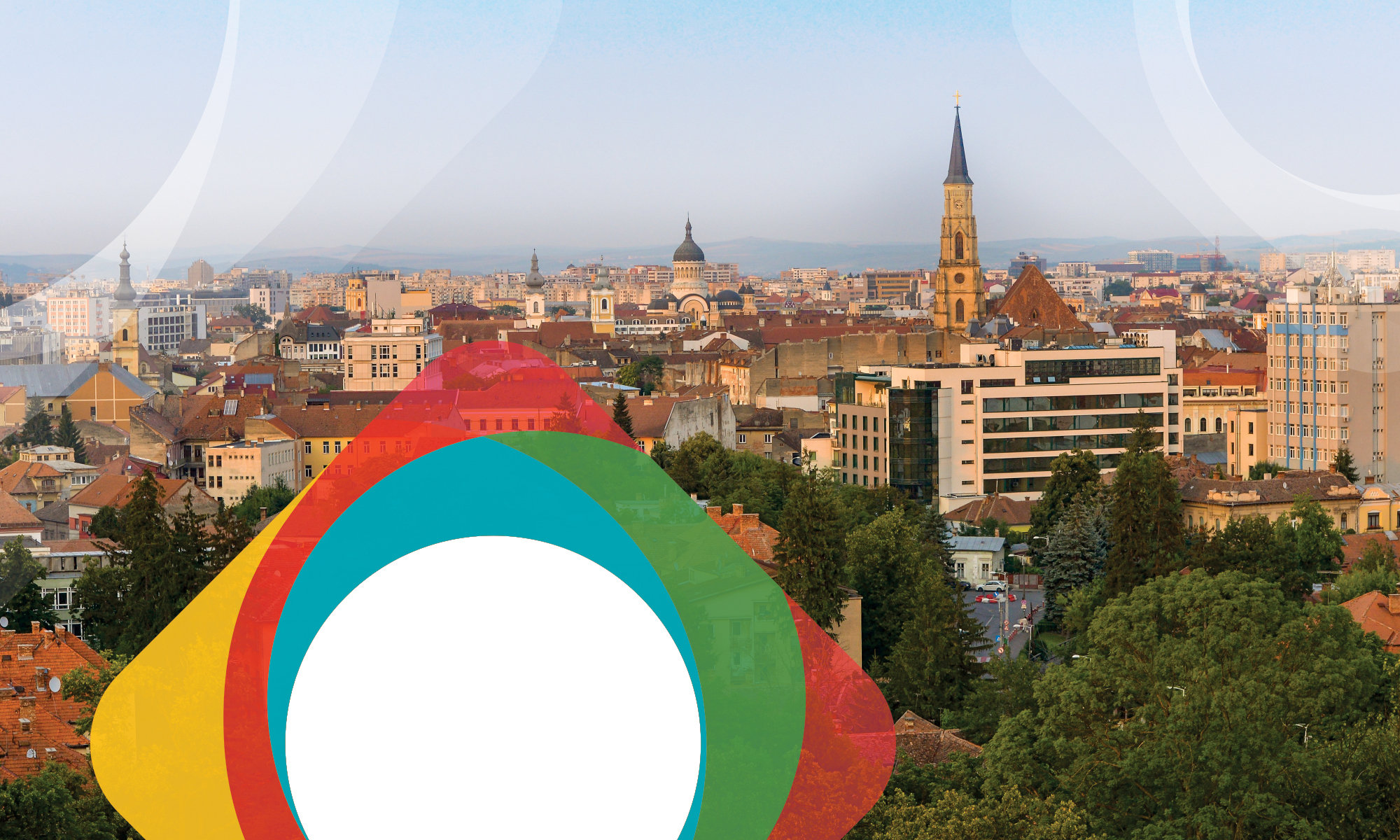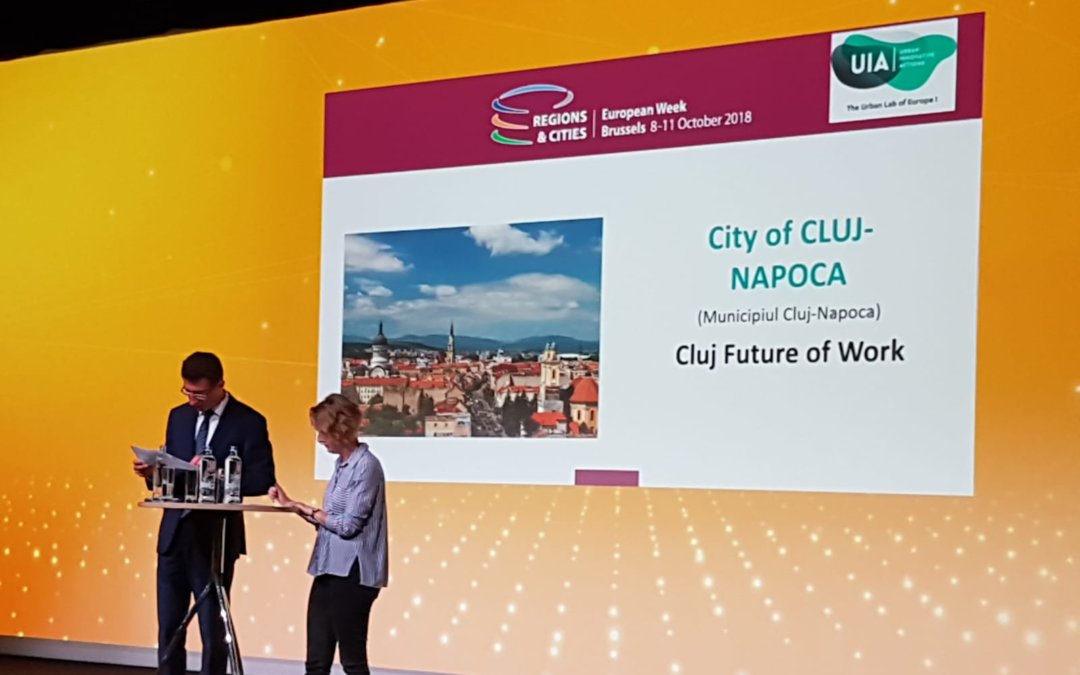Cluj-Napoca is the first city in Eastern Europe to access a 98% non-refundable fund through the Urban Innovative Actions program. Cluj-Napoca Municpality and Cluj Cultural Center have submitted the project and it reaches a value of EURO 5.6 MD. The scope of the financing is to analyze and test scenarios that will allow the cultural, academic, business and community to prepare for the changes that will occur in the next 20 years on the work force market.
„ The future of the city depends on work and we want to make sure that we can get ready – as a city – for the societal and technology changes that are currently taking place. We can best do this via a strong partnership between local administration, the cultural, academic, business and social communities. We are happy to be able to give value to our investment in bringing Industry 4.0 specific equipment of 2 million Euro”, stated Mayor Emil Boc.
In the „Cluj Future of Work” project will also be involved Cluj Cultural Center and several partner organizations: The Art and Design University from Cluj-Napoca, The International Film Festival, ZAIN festival, AltArt Foundation, ARIES Transilvania and Cluj IT clusters, The Transylvanian Furniture cluster and the Creative Industries Clusters.
The award was announced by the European Commission on the 10th of October 2018, in Bruxelles during an Urban Innovative Actions (UIA) Ceremony, where Cluj-Napoca was represented by Ovidiu Cîmpean, Manager at Cluj-Napoca Municipality, Anamaria Vrabie and Ștefan Teișanu, on behalf of Cluj Cultural Center (CCC).
UIA – Urban Innovative Actions program started in 2014, financing European cities for testing new solutions to strategic contemporary issues such as urban mobility (Gent, Toulouse etc.), urban poverty (Barcelona, Torino etc.) or energy transition (Paris, Goteborg etc.). For work force innovative projects have been financed Bilbao, Madrid, Milano and Rotterdam cities, joined this year by Cluj-Napoca. During the event in Belgium capital city, Marc Lemaître, Regional and Urban Policy Directorate General (DG Regio) declared: “ We are living in an urban century, when the future of our lives is debated in cities. That is why we have to thank those cities who had the courage to assume testing new solutions that could improve the quality of urban life in Europe. […] Cluj project connects several cultural and creative industries with specific services for the knowledge economy. In order to provide sustainability for this process, the project also integrates disadvantaged and vulnerable communities, including the Roma community.”
„Cluj Future of Jobs” is built on the social and urban innovation experience opened by the Cluj Cultural Center via Cluj 2.1| Innovation Fund, Culturepreneurs and Jivipen. We are actually looking at the local cultural and social aspects, when we plan the future of the city and we open a new working model. And we are privileged to do this, since the mission of the Cluj Cultural Center is to mobilize culture to work for urban development.”, declared Anamaria Vrabie, Cluj 2.1 | Innovation Fund Manager on behalf of Cluj Cultural Center, who coordinated the process.
„Cluj Future of Work” details
„Cluj Future of Work” aims to achieve 3 main objectives in the next three years:
#1 – Facilitating the transition to the 4.0 technology, through training and development of new competencies for the persons with jobs risking to disappear due to automation processes;
#2 – Increasing competitiveness and involvement in societal needs for the cultural industries of the city (film, design, music, crafts, media etc.);
#3 – Understanding and implementation of fundamental changes of work at city level by working with the excluded workforce categories.
The initial budget is of 5,6 million Euros. 38% will go for research and development and testing new curricula for the target categories, 38% will be invested in industry 4.0 specific equipment, 8% in a social inclusion program for marginalized categories, while 6% go for marketing expenses and 10 % for administrative expenses. In the upcoming period Urban Innovative Actions will formulate a series of o recommendations that may cause changes in the projects calendar, while the Cluj consortium has a timeframe of 4 months to start implementations in the first quarter of 2019. The project implementation will span over three years.
source: https://cccluj.ro


